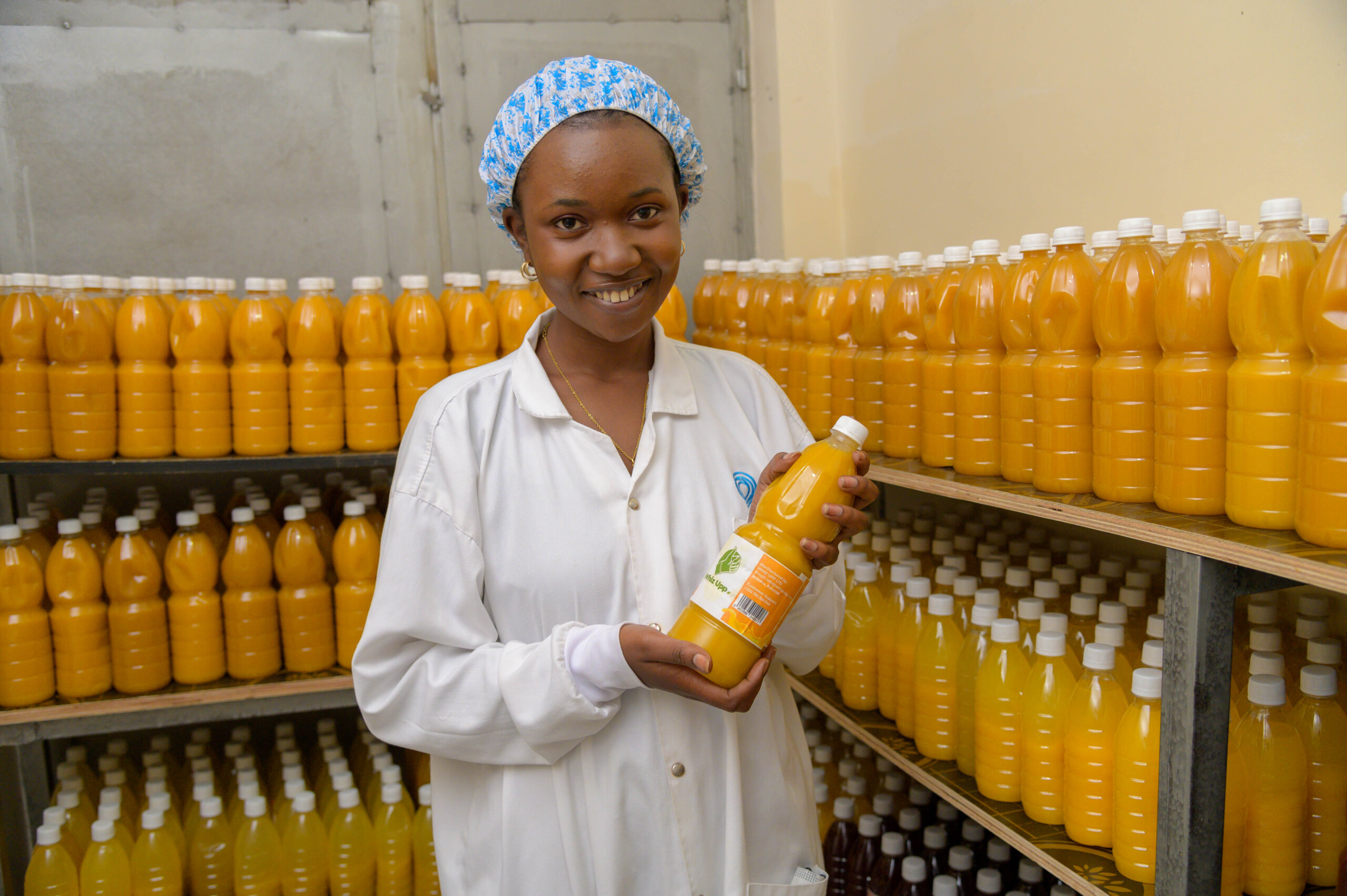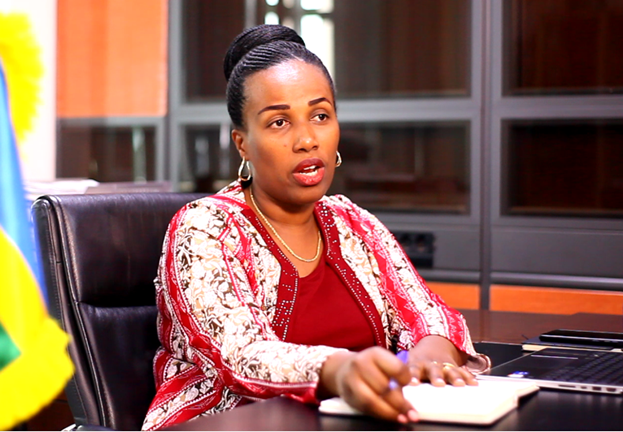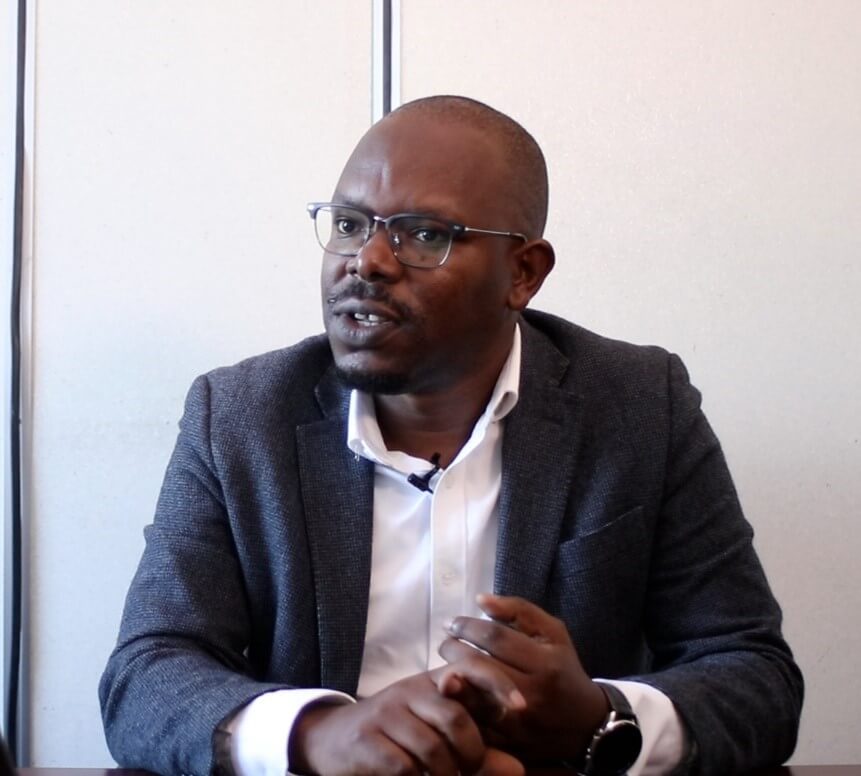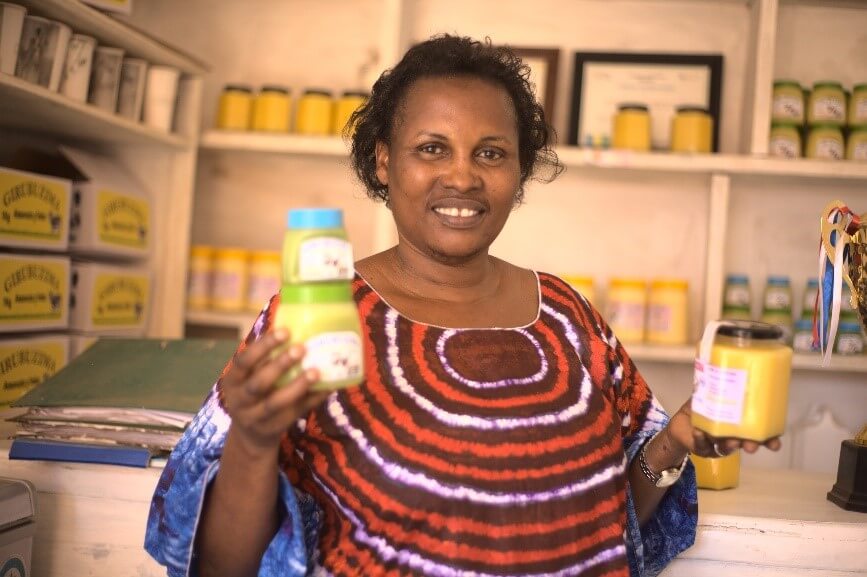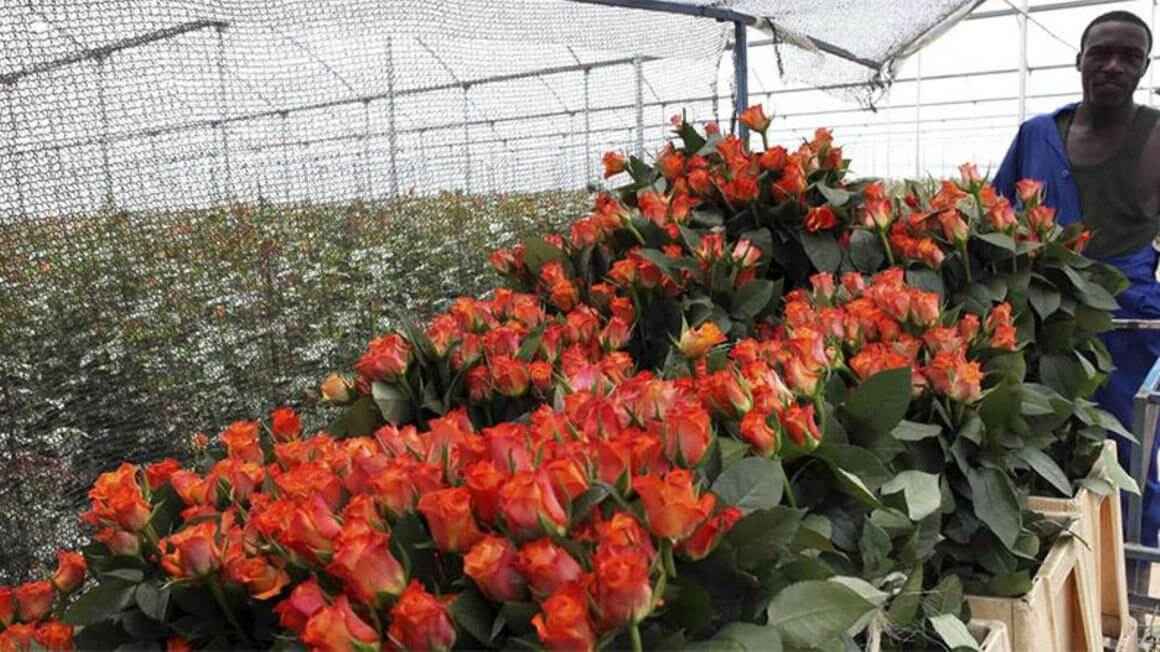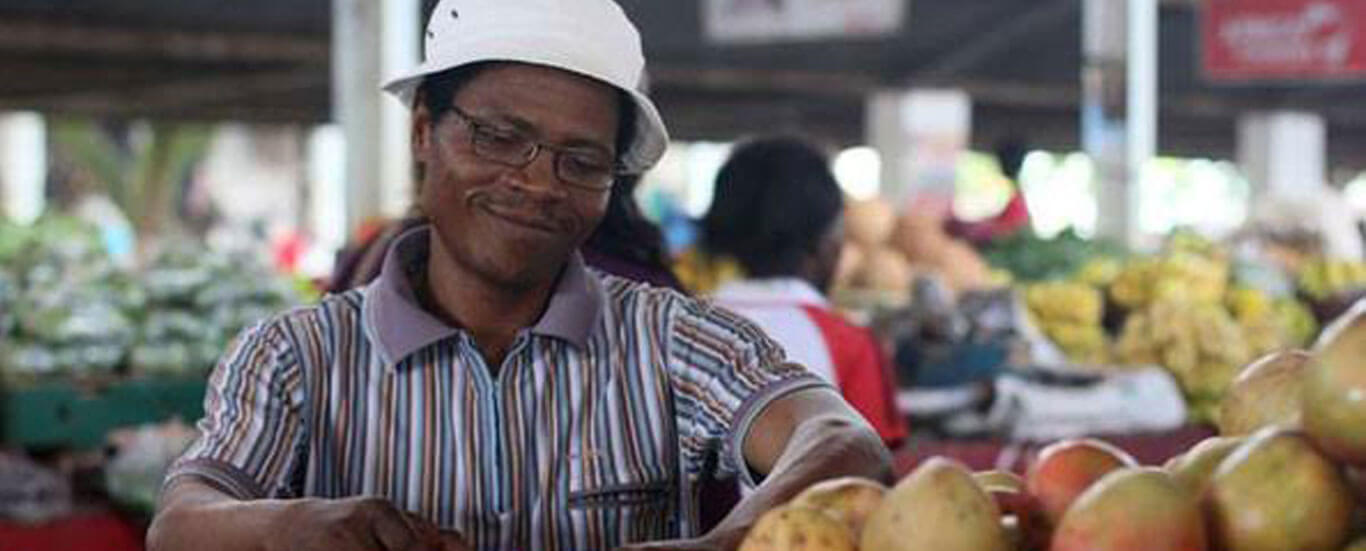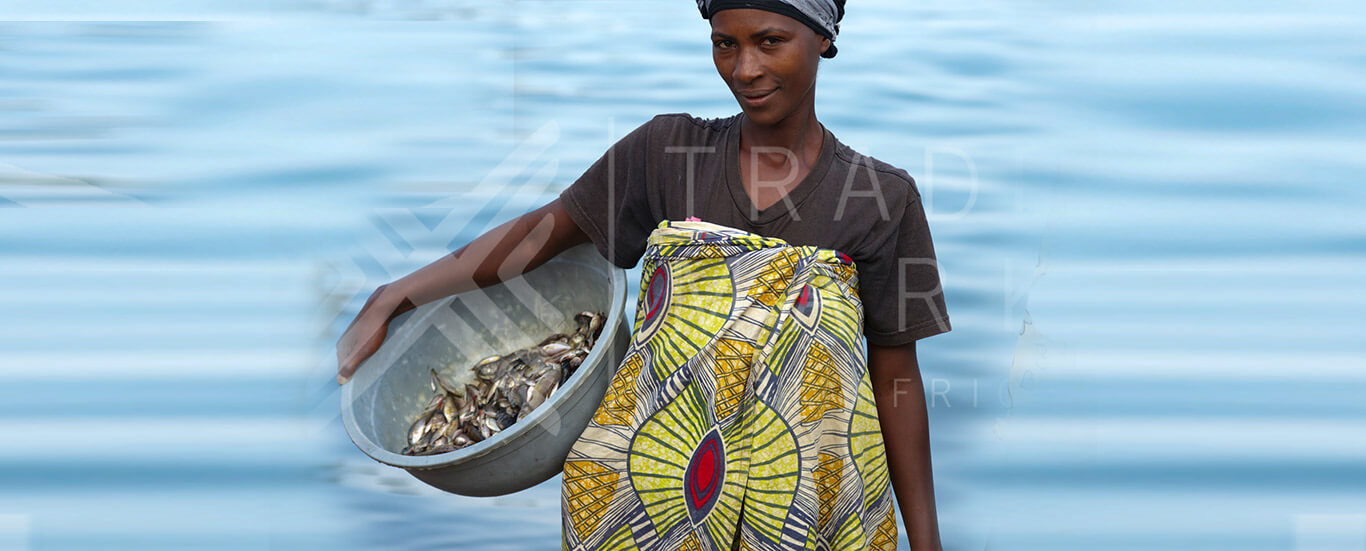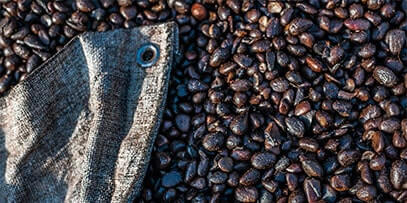Hawa Chloe Niyigena, Whiz Upp Founder, turned a small fruit-processing business into a cross-border success. Cross-border trade in Africa is rarely about just having a good product. For most small businesses, the real hurdle is compliance, meeting multiple national and regional standards that determine whether, for example, a fruit puree clears customs or gets turned away. Ms. Hawa Chloe Niyigena, founder of Whiz Upp, a fruits and vegetables processing firm based in Western Rwanda, knows this only too well. For years, her business remained small, boxed in by limited knowledge of quality standards and little access to broader markets, especially across borders. That changed when she joined a partnership programme between TradeMark Africa (TMA) and the Rwanda Standards Board (RSB). Workers at Whiz Upp package fresh juices for local and cross-border markets (2025). Through the support, she was trained on food safety requirements, certification processes, and business management, including bookkeeping and saving strategies. After participation in trade exhibitions in Kigali and Democratic Republic of Congo, Whiz Upp began expanding its market reach. The impact was immediate: weekly sales jumped fivefold, from $160 to $800. She now sells across borders and employs 11 people, up from four. “Before joining the programme, I had very few customers. But, after attending trade fairs and exhibitions, I met more buyers,” Ms. Niyigena said. Whiz Upp is one of the 13 Rwandan firms that began exporting under the Export Capability programme; in total, 40 firms were supported to enhance their export readiness. According to David...
Juiced up for success – How a Rwandan entrepreneur is turning fruit into fortune
Posted on: June 13, 2025
Posted on: June 13, 2025

